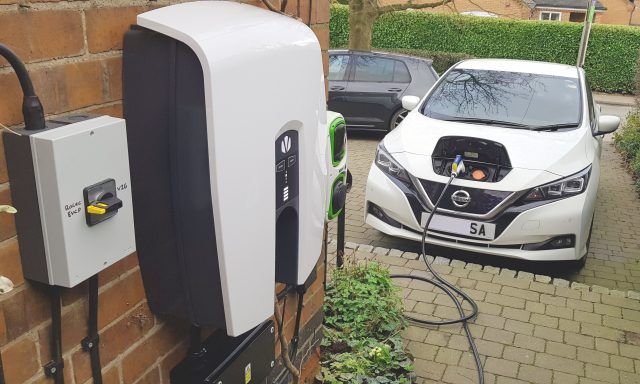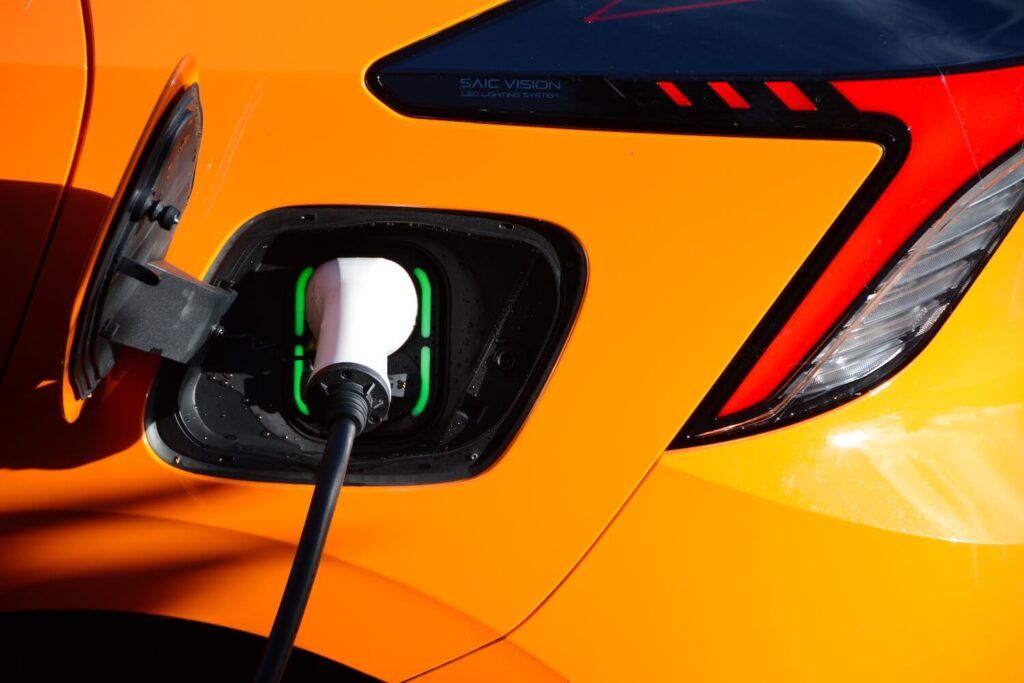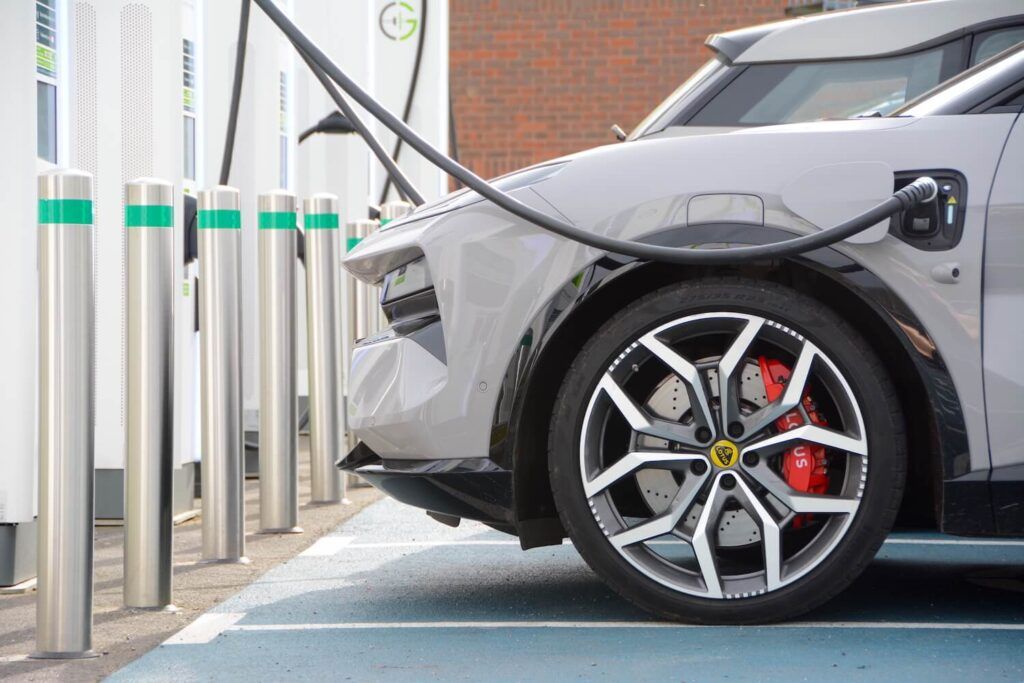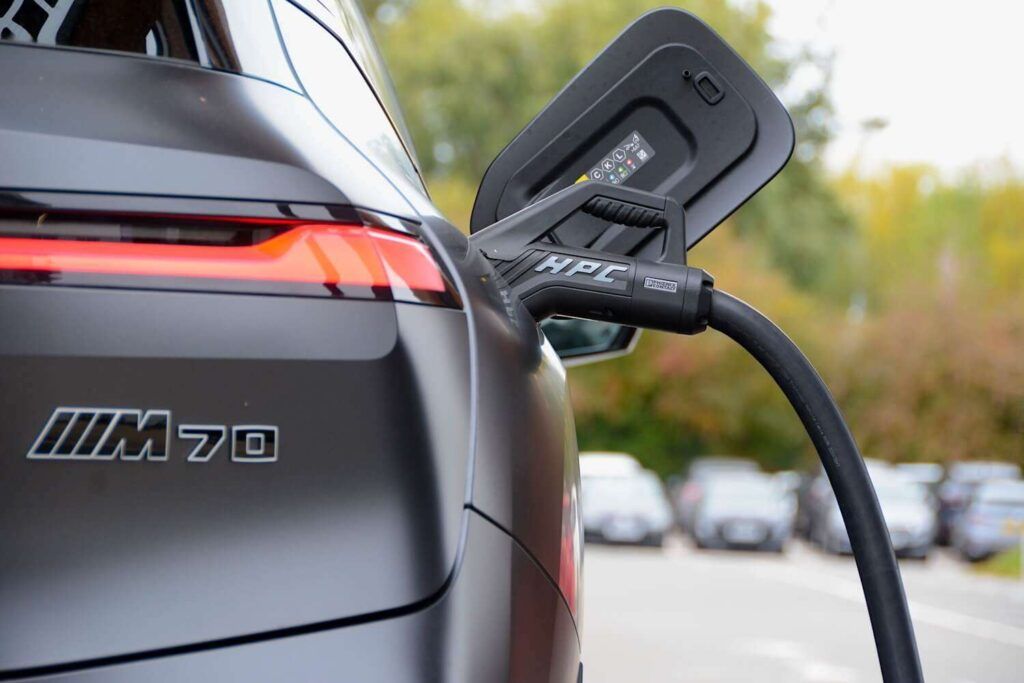New powers are being considered by Ofgem to restrict the demand caused by high draining devices, such as electric vehicles, at home.
The proposals, which have been laid out in the Distribution Connection and Use of System Agreement (DCUSA), would mean that distributors could control devices to smart meter infrastructure, such as EV charging points. But it said this should only be undertaken as a “last resort, emergency measure” when other solutions were not available, such as demand-side response and off-peak electricity.
Worryingly for consumers, the measure would not be offered with an compensation.
A spokesperson for the Department for Business, Energy and Industrial Strategy said that any proposals from network companies to undertake such control measures would be “rigorously challenged” by Ofgem, in order to protect consumers.
Speaking about the proposals, Ofgem said: “The process to consider this proposal is ongoing, and a decision is not expected before spring 2021.
“We will take the final decision on whether this proposal is approved, taking into account our statutory duties to protect current and future consumers.”












